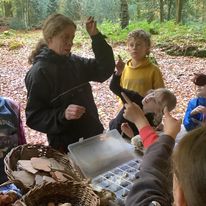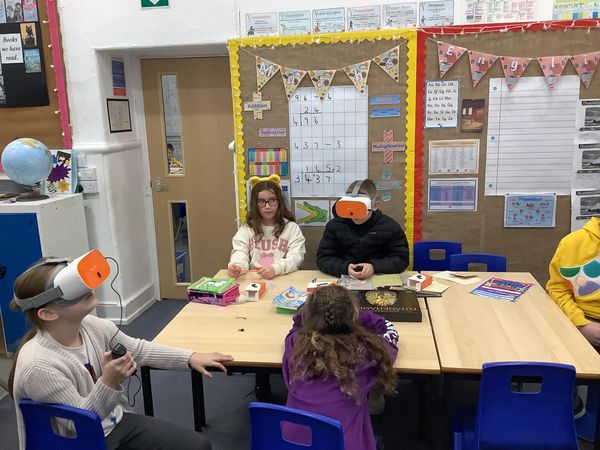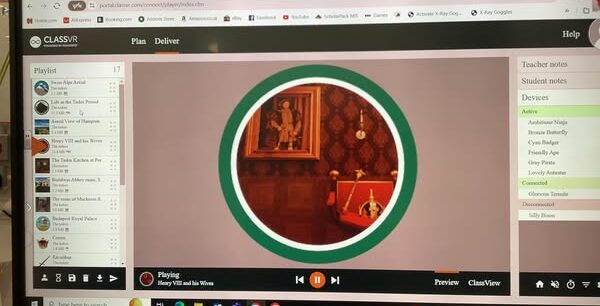Subject Leader: Mrs Watson
At Lindale we use the Kapow History scheme of work. The expected impact of following this scheme is that children will:
- Know and understand the history of Britain, how people’s lives have shaped this nation and how Britain has influenced and been influenced by the wider world.
- Develop an understanding of the history of the wider world, including ancient civilisations, empires, non-European societies and the achievements of mankind.
- Develop a historically-grounded understanding of substantive concepts – power, invasion, settlement and migration, civilisation, religion, trade, achievements of mankind and society.
- Form historical arguments based on cause and effect, consequence, continuity and change, similarity and differences.
- Have an appreciation for significant individuals, inventions and events that impact our world both in history and from the present day
. ● Understand how historians learn about the past and construct accounts.
- Ask historically-valid questions through an enquiry-based approach to learning to create structured accounts.
- Explain how and why interpretations of the past have been constructed using evidence.
- Make connections between historical concepts and timescales.
- Meet the relevant Early Learning Goals at the end of EYFS (Reception) and the end of key stage expectations outlined in the National curriculum for History at the end of Key stage 1 and 2.
Useful Websites
https://www.bbc.co.uk/history/forkids/index.shtml
https://www.natgeokids.com/uk/category/discover/history/
https://www.bbc.co.uk/iplayer/episodes/b00sp0l8/horrible-histories
https://www.bbc.co.uk/bitesize/subjects/zcw76sg
History Curriculum Overview 2024 2025
Stone Age Trip to St Catherine’s Wood


Using VR headsets to learn about the Monarchy in Tudor England.



 Some examples of childrens’ work.
Some examples of childrens’ work. 





 Some examples of childrens’ work.
Some examples of childrens’ work. 

